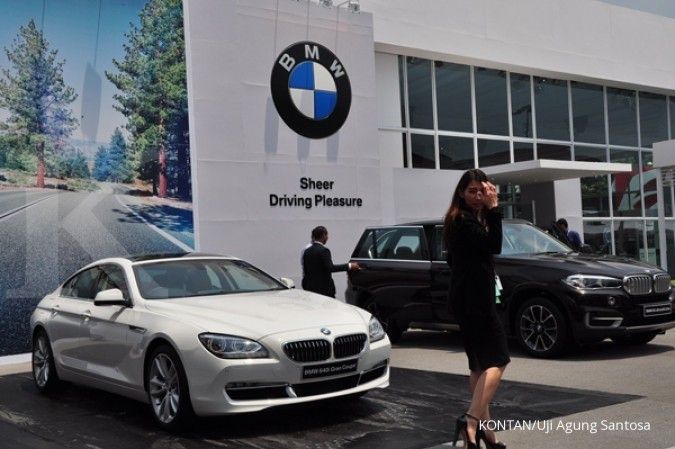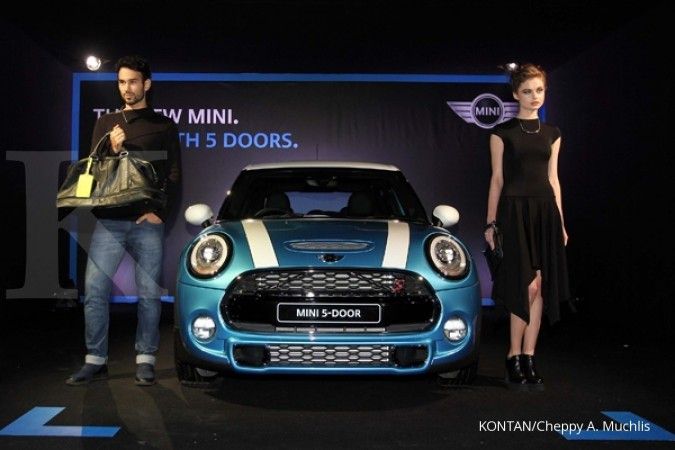JAKARTA. Germany’s premium automaker BMW plans to locally assemble the BMW X5, a variant of its popular sports utility vehicles (SUVs), from early April.
The inclusion of the model will add to 18 other types that have already been assembled since 2011 on its production line — including the BMW 3 Series, BMW 5 Series, BMW X1, BMW X3 and BMW X5 — run by PT Gaya Motor, a subsidiary of diversified group PT Astra International in Sunter, North Jakarta.
BMW Group Indonesia corporate communications head Jodie O’tania said Monday that the local assembly of the BMW X5 was driven by its position among the five most-wanted BMW models in Indonesia.
“The X5 model to be assembled here uses a diesel engine and with that we want to raise awareness about the specific type of machines in Indonesia,” she said on the sidelines of a visit to the Industry Ministry’s office.
The addition of the BMW X5 model to the firm’s assembling unit in Sunter will help increase its local production target of 2,400 units this year from 2,045 units last year.
At present, BMW still imports several variants in the form of completely built-up (CBU) units from Germany.
Local assembly has been a choice for premium car producers like BMW and its rival, Mercedes-Benz, to speed up the time of delivery as well as reduce costs, thereby allowing them to offer more competitive prices in the local market.
Mercedes-Benz Indonesia, a subsidiary of German car manufacturer Daimler AG, for instance, has assembled its C-Class, E-Class, M-Class and S-Class vehicles at its plant in Wanaherang, Bogor, West Java, that has operated since 1987.
Across the world, BMW last year booked an all-time sales high of 1.81 million, up 10 percent from 2013, which made it the world’s top luxury car manufacturer for the 10th year.
In Indonesia, BMW delivered 3,443 vehicles in the past year, up 6 percent from a year earlier.
In the first two months of this year, the firm had already sold 406 units, up 4 percent from 2014, with SUVs, including the BMW X5, contributing 14 percent to the overall figure.
Jodie said that the firm was optimistic about the prospect of delivering SUVs in Indonesia, expecting sales to grow further in the future.
As seen in previous years, the local premium car market has been relatively stable despite a global economic downturn as the rising middle class with higher purchasing power in Indonesia continues to show an appetite for luxury cars.
The single factor that has significantly affected sales was the increase of the luxury-goods sales tax from 75 to 125 percent on four-wheelers with gasoline engines of above 3,000 cc and diesel engines of above 2,500 cc in April last year.
To help boost its sales this year, the Indonesian BMW unit planned to roll out 10 new models onto the market, Jodie said, but declined to elaborate on which types.
The firm has said that the introduction of a variety of models would be part of its strategy to curb the impact of the rupiah depreciation on its Indonesian sales.
The strategy began with the introduction of the 2 Series Active Tourer premium compact car earlier this week. Strong demand for this variant worldwide contributed to BMW’s growth in sales in 2014. (Linda Yulisman)
/2014/03/20/1539135089p.jpg)











